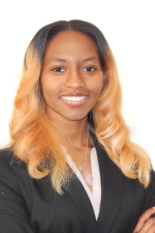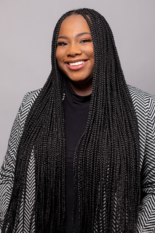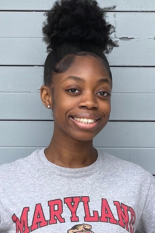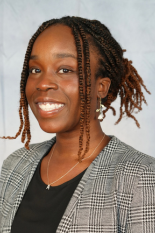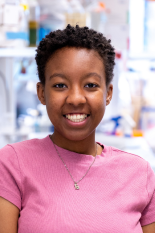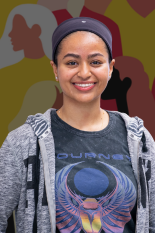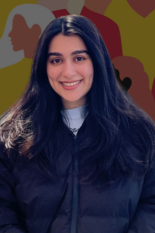News Story
Fischell Institute Black History Month Spotlight: Taya Lee
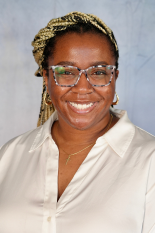
Taya Lee is a second-year bioengineering Ph.D. student in Fischell Institute Affiliate Fellow and BIOE Assistant Professor Jenna Mueller's Global Biomedical Devices lab. Lee graduated with her bachelor's in bioengineering from Clemson University in 2020.
"I was inspired to pursue engineering because I believe engineering is a way to create solutions to worldwide problems," she said.
At Clemson, Lee worked on developing a biosensor for monitoring drug adherence for HIV/AIDs patients living in low- and middle-income countries (LMICs). After graduating with her bachelor’s, she completed the University of Maryland School of Medicine’s Science Training for Advancing Biomedical Research Postbaccalaureate (STAR-PREP) program, a 1-year mentored research training initiative designed to encourage and prepare recent graduates from underrepresented groups in the biomedical sciences for successful entry into a top-notch graduate program.
While there, Lee studied the effects of microenvironmental factors on glioblastoma tumor progression. This experience, combined with her undergraduate research, made her a prime candidate to join Mueller’s lab team.
Mueller’s laboratory team focuses on creating accessible cancer diagnostics and treatments for people in LMICs. There, Lee's research focuses on developing a low-cost treatment for women with cervical pre-cancer.
"Dr. Mueller has a lot of experience with creating global biomedical devices, so it's been great learning from her," Lee said. "We collaborate with clinicians and engineers worldwide, so it's been cool to have direct contact with people who will ultimately use the devices for feedback. Our lab group is super nice, close-knit, and helpful, so I've had a great experience."
Lee’s focus in the lab is on creating and optimizing devices that deliver a low-cost gel directly into precancerous lesions within the cervix. She is testing the usability of these devices with clinicians, determining the material characteristics of the gel, and testing the efficacy of combination therapies on clinically relevant animal models.
"I love that our lab is super translational,” Lee said. “I'm able to see our research in the hands of clinicians and get direct feedback. Also, our research is focused on treatment accessibility, so I'm able to incorporate my creative side to think of out-of-the-box solutions."
In the United States, Black women die from cervical cancer at higher rates than any other group. Lee believes that, as a Black woman herself, she has a unique perspective on her research because work can most impact people who look like her.
"By creating accessible cervical pre-cancer treatments, I feel like I'm taking steps to protect my community," she said.
Historically, narratives often marginalized Black voices and stories, Lee explained. Black History Month provides an opportunity to rectify this by highlighting Black excellence and challenges people have faced.
"Amplifying this fosters empowerment among current generations of Black individuals and enriches societal understanding by uncovering previously overlooked history," she said.
After graduation, Lee would like to direct a center that teaches and researches cancer prevention and treatment strategies.
Outside of the lab, she enjoys playing sports, graphic design, and reading.
Published February 16, 2024
